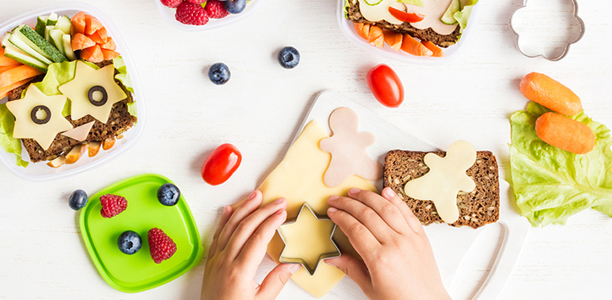Coaches who offer children healthy snacks during junior sport improve their dietary outcomes, research from Swinburne has shown.
A new study by Swinburne’s Dietetics Course Director, Associate Professor Regina Belski, has shown that junior coaches play a significant role in influencing the eating habits of children.
The study finds that once coaches begin to offer healthy snacks, children eat less junk food.
Associate Professor Belski says when healthy snacks are on offer to children during sport, there is an increase in consumption of food such as fruits.
At the same time, there is a decrease in the consumption of unhealthy foods like ice-cream and cake.
Associate Professor Belski says she was pleasantly surprised with the decrease in junk food consumption.
“We were hoping to see a positive impact on the increased consumption of healthy snacks, she says.
“However the very big drop in some of the high sugar snacks we observed was a welcome surprise.”
Associate Professor Belski believes the role coaches play in forming children’s lifestyle habits can be especially significant.
“It is known that young children can be easily influenced by the people around them,” she says.
“And coaches, in particular, can be important role models.
“This study aimed to explore if something as simple as coaches providing some healthy snacks at the start of training would influence the children’s snacking.”
Approximately 1.7 million Australian children participate in organised sport each year. This puts junior sporting organisations in a unique position to positively influence the lifestyle habits of children.
“Modelling healthy eating and lifestyle behaviours as both a coach and a carer can make a big difference” explains Associate Professor Belski.
“For coaches, aiming to provide fruit at half-time instead of lollies and promoting water as the beverage of choice is great simple strategies.”
(Source: Swinburne University of Technology, Australian and New Zealand Journal of Public Health)










